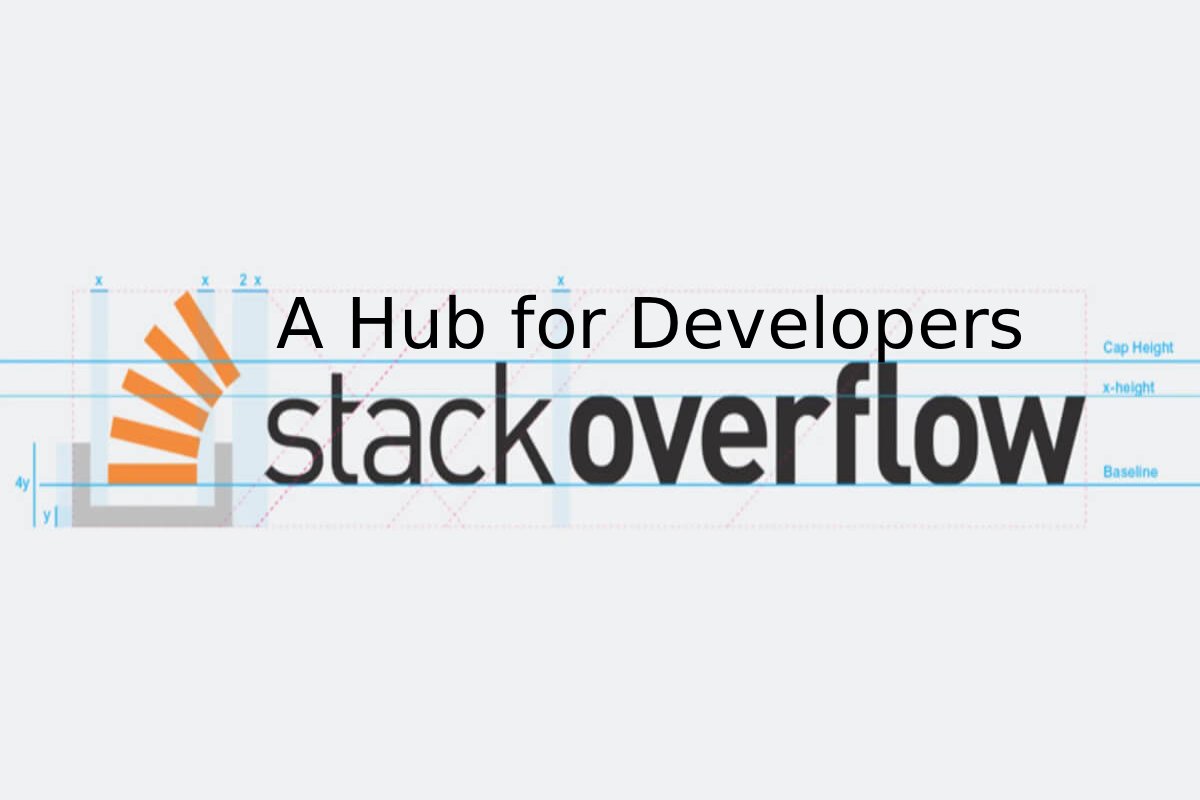Introduction
Stack Overflow has become a vital resource for developers navigating the vast landscape of software development on the internet. Whether you’re an expert or an aspiring coder, this platform offers a structured way to ask and answer programming questions. It stands out by fostering a collaborative community, where coding skills are honed and shared. By serving as a hub for learning and troubleshooting, Stack Overflow continues to shape the way developers interact, solve problems, and expand their knowledge in an ever-evolving tech world.
The Origins and Evolution of Stack Overflow
Jeff Atwood and Joel Spolsky launched Stack Overflow in 2008, inspired by the need for a better programming Q&A site. The name itself was chosen by the coding community via Atwood’s blog, reflecting its strong user-driven ethos. Stack Overflow quickly evolved, spawning the broader Stack Exchange network and cultivating an internet-wide reputation for reliable software development advice. Over time, it adapted to changes in technology, including the rise of artificial intelligence, Python, APIs, and language models, maintaining relevance alongside platforms like Reddit and Google.
Today, Stack Overflow is recognized not only for its vast programming knowledge base but also for its robust moderation and gamification elements. The platform’s continual growth has been shaped by trends in AI, ChatGPT integration, and the ever-expanding diversity of developer needs. So, what is Stack Overflow and how does it work for developers? Simply put, it’s a peer-reviewed, wiki-style Q&A site where you ask software development questions, get answers, and participate in community-driven content improvement.
How Stack Overflow Revolutionized Developer Collaboration
When Stack Overflow emerged, developer collaboration took a major leap. Previously, programmers relied on scattered forums and books; now, they had a central place to share, critique, and edit solutions. This shift made the exchange of coding skills in software development more transparent and reliable.
The platform’s unique approach encourages developers to work together—whether by answering questions in Python or troubleshooting AI frameworks. Its peer review system means that answers aren’t just posted and forgotten. Instead, they’re constantly refined by the community, ensuring accuracy and relevance.
This culture of open collaboration has impacted the entire technology industry. Developers now expect instant access to practical solutions and have higher standards for information quality. As Stack Overflow grew, it fostered a sense of shared purpose, with contributors motivated by reputation points and badges. This gamified system created a dynamic, engaged community that thrives on mutual support and improvement.
Milestones and Notable Events in Stack Overflow’s History
Stack Overflow’s journey is marked by key milestones and transformative events. Jeff Atwood and Joel Spolsky’s vision led to the first public launch in 2008, quickly attracting developers worldwide. Significant investments and the establishment of the Stack Exchange network solidified its position at the heart of online software development.
The following table provides an overview of important milestones:
| Year | Event Description |
|---|---|
| 2008 | Founded by Jeff Atwood & Joel Spolsky; public beta launch |
| 2010 | Raised $6M in venture capital |
| 2011 | Stack Exchange network expands |
| 2021 | Acquired by Prosus for $1.8B |
| 2023 | Moderation strike over AI-generated content |
Stack Overflow’s continual adaptation, including changes to moderation and AI policies, highlights its commitment to quality and community-driven development in the internet age. Each milestone underscores Stack Overflow’s pivotal role in shaping how developers interact, learn, and share expertise online.
Key Features and Benefits of Stack Overflow
Stack Overflow’s robust features make it indispensable for software development professionals. As the flagship platform of the Stack Exchange network, it offers a streamlined question-and-answer format that helps developers troubleshoot, share coding skills, and solve programming challenges together. The reputation system, badges, and a focus on community engagement foster a supportive environment.
Joining Stack Overflow means instant access to expert advice and a vast repository of programming solutions. Whether you need help with Python, APIs, or the latest AI advancements, Stack Overflow connects you with peers and industry leaders for growth and learning.
Best Practices for Effective Participation
Engaging effectively on Stack Overflow means more than just asking questions. Successful developers leverage their coding skills and contribute thoughtfully, resulting in better software development outcomes. By following community guidelines, you maximize your chances of getting fast, high-quality answers and building a positive reputation.
Whether you’re seeking help for a tricky AI problem or sharing a Python solution, thoughtful participation ensures your questions are addressed and valued. Let’s explore actionable tips for asking strong questions and avoiding common mistakes that lead to downvotes or closed posts.
Tips for Asking High-Quality Programming Questions
Getting great answers on Stack Overflow starts with asking clear, focused questions. Developers who follow these proven strategies see better engagement and solutions:
- Describe your problem in detail, including the code, API, or technology (Python, Java, AI) involved.
- Share your research—list steps you’ve already taken and what you’ve tried so far.
- Use concise titles and proper tags to improve visibility and relevance.
- Format your question for readability—clear code blocks and bullet points help.
- Avoid broad or opinion-based topics; stick to specific software development issues.
- Reference existing Stack Overflow posts to show you’ve searched for duplicates.
By applying these tips, you help the community understand your issue and provide precise, actionable advice. Well-crafted questions also contribute to the quality and reputation of Stack Overflow’s programming knowledge base.
The Impact of Stack Overflow on the Tech Industry
Stack Overflow has reshaped the technology industry by streamlining how developers access and share programming expertise online. Its vast knowledge base and culture of collaboration support advancements in artificial intelligence, software development, and internet technologies. Developers worldwide now depend on Stack Overflow for reliable solutions—making it a cornerstone of tech culture.
The next sections will reveal how Stack Overflow influences developer knowledge sharing and offer career development resources, reinforcing its significance across the software sector.
Conclusion
In conclusion, Stack Overflow stands as a pivotal platform in the developer community, enabling programmers to connect, collaborate, and share knowledge effectively. By revolutionizing the way questions are asked and answered, it has not only enhanced individual problem-solving but also fostered a culture of collective learning. The features it offers, such as the reputation system and community engagement, promote high-quality contributions and active participation. For anyone looking to thrive in tech, understanding and utilizing Stack Overflow can significantly impact their career trajectory. Whether you’re seeking quick solutions or in-depth discussions, this platform remains an invaluable resource for developers. Don’t hesitate to dive in and make the most of what Stack Overflow has to offer!
And also : qoruv.com pioneering firm


